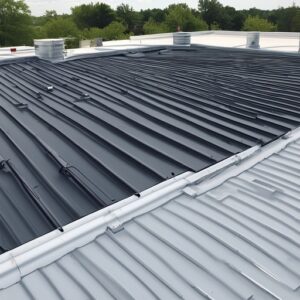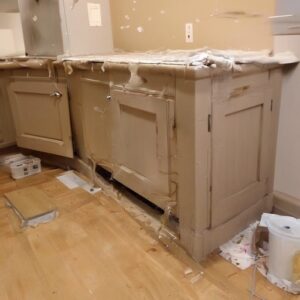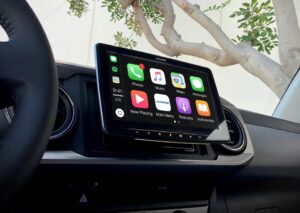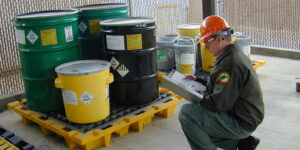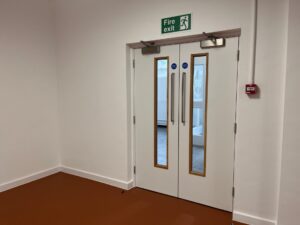Car dealerships, with their expansive facilities and showrooms, often require durable roofing solutions to protect their inventory and enhance the aesthetic appeal of their premises. Metal roofing stands out as a popular choice due to its longevity, durability, and low maintenance requirements. However, acquiring quality metal supply for roofing projects can be a daunting task for car dealerships. In this comprehensive guide, we will explore five effective strategies for car dealerships to source metal supply for their roofing projects, ensuring they find the right materials to meet their specific needs.
Establish Relationships with Metal Suppliers
Building strong relationships with reputable metal suppliers is crucial for car dealerships seeking reliable metal supply for their roofing projects. By fostering partnerships with established suppliers, dealerships can gain access to a wide range of high-quality metal materials at competitive prices. Attend industry trade shows, networking events, and supplier exhibitions to connect with potential partners. Additionally, conduct thorough research to assess the reputation, reliability, and track record of prospective suppliers before entering into agreements.
Utilize Online Platforms and Marketplaces
In today’s digital age, online platforms and marketplaces offer a convenient and efficient way for car dealerships to source metal supply for their roofing projects. Websites such as Alibaba, Thomasnet, and Metal Roofing Alliance provide access to a vast network of metal suppliers offering various products and services. Utilize advanced search filters and specifications to narrow down options based on material type, quantity, price range, and location. Furthermore, leverage online reviews, ratings, and testimonials to evaluate the credibility and reliability of potential suppliers before making purchasing decisions.
Collaborate with Metal Fabrication Companies
Collaborating with metal fabrication companies presents an excellent opportunity for car dealerships to obtain customized metal supply tailored to their roofing project requirements. Metal fabricators possess the expertise, equipment, and capabilities to produce specialized metal roofing components and accessories according to specific design specifications and dimensions. Engage in collaborative partnerships with reputable metal fabrication companies to leverage their technical expertise, design capabilities, and production capacity to fulfill your metal supply needs effectively.
Explore Recycling Centers and Scrap Yards
Exploring recycling centers and scrap yards can be a cost-effective and sustainable approach for car dealerships to procure metal supply for roofing projects. These establishments often accumulate surplus or salvaged metal materials, including aluminum, steel, and copper, which can be repurposed or recycled for roofing applications. By forging partnerships with recycling centers and scrap yards, dealerships can access affordable metal supply options while contributing to environmental sustainability efforts through the reuse and recycling of materials.
Engage in Bulk Purchasing and Negotiation
Engaging in bulk purchasing and negotiation tactics can enable car dealerships to secure favorable pricing and terms when sourcing metal supply for roofing projects. By consolidating orders and purchasing materials in large quantities, dealerships can leverage economies of scale to negotiate lower unit costs and discounts with suppliers. Additionally, be proactive in negotiating payment terms, delivery schedules, and contractual agreements to optimize procurement processes and mitigate potential risks.
Conclusion
In conclusion, sourcing quality metal supply for roofing projects is essential for car dealerships looking to enhance the durability, functionality, and aesthetic appeal of their facilities. By implementing the five effective strategies outlined in this guide—establishing relationships with metal suppliers, utilizing online platforms, collaborating with metal fabrication companies, exploring recycling centers and scrap yards, and engaging in bulk purchasing and negotiation—car dealerships can streamline the procurement process and ensure they find the right materials to meet their specific roofing project needs. By investing time, effort, and resources into sourcing reliable metal supply, car dealerships can achieve long-term success and satisfaction with their roofing investments.


